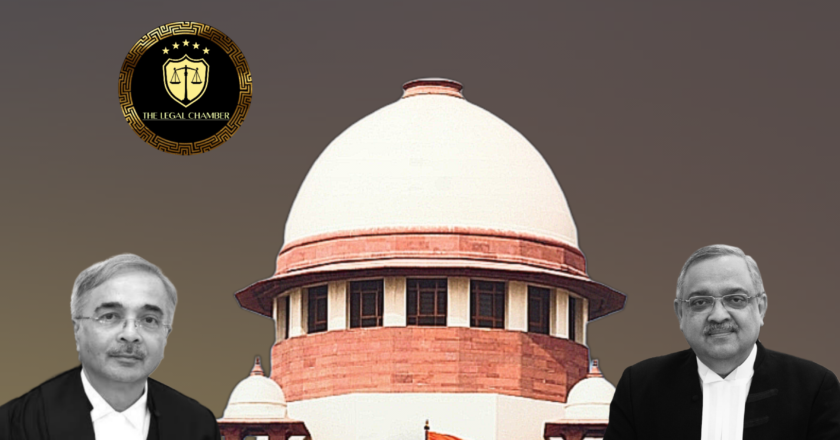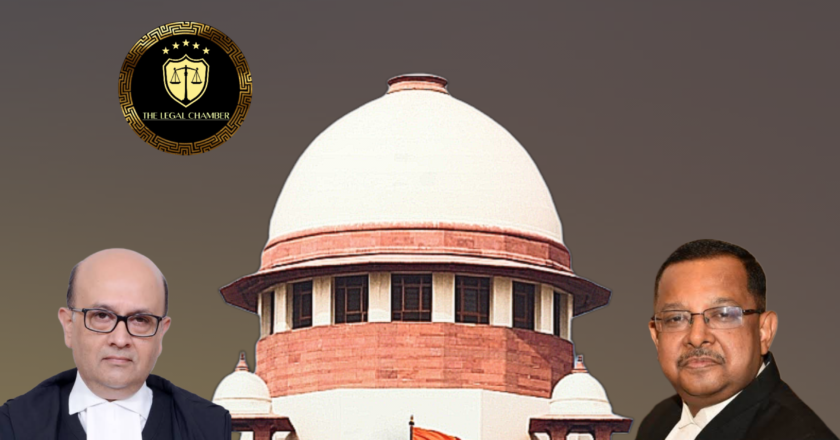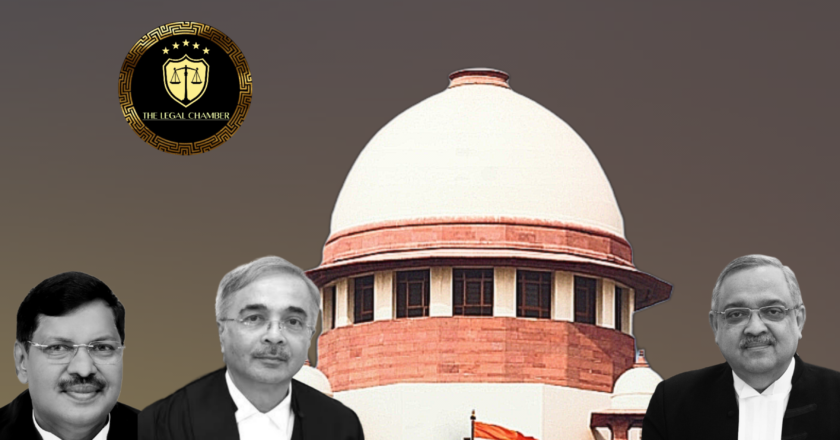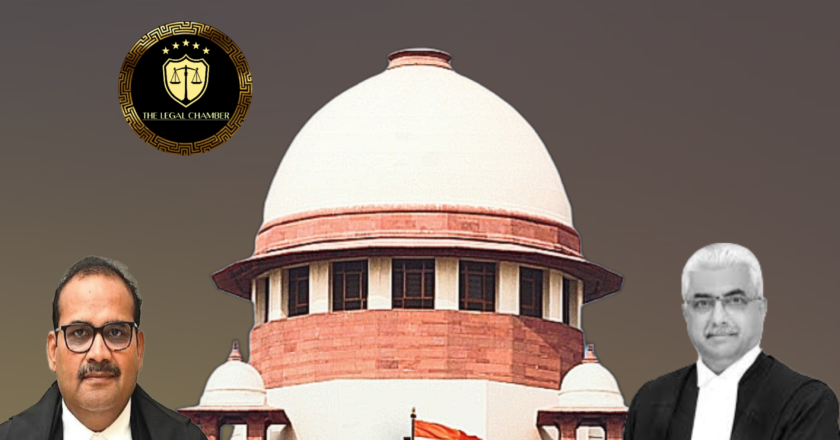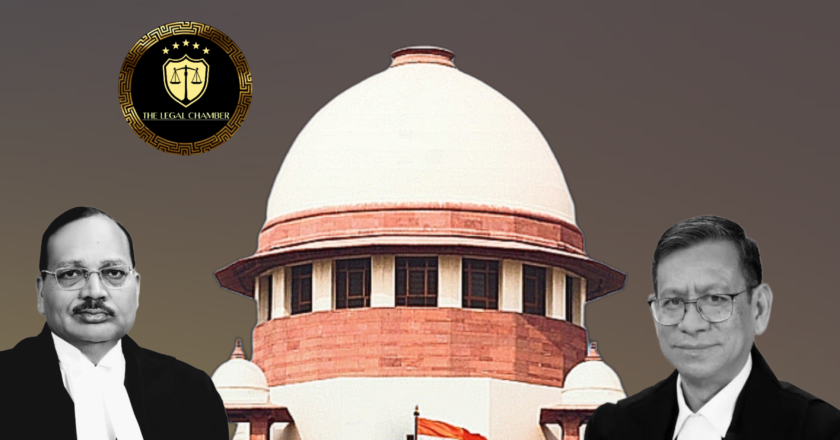Supreme Court Judgment: Key Takeaway from Vanita vs. Shriram Insurance Co. Ltd.
The Supreme Court dismissed the civil appeal, thereby upholding the decision of the lower courts. The ruling signifies that the appellants' legal challenge against the insurance company's position was not tenable in law. The court found no merit to interfere, allowing the impugned judgment and the terms of the insurance policy to stand.
Facts Of The Case:
The case originated from a claim filed by Vanita and others, likely the legal heirs of a deceased, seeking compensation under a motor accident claim. The accident presumably involved a vehicle insured with M/s Shriram Insurance Company Ltd. The Motor Accidents Claims Tribunal (MACT) initially ruled in the case, and its decision was subsequently challenged in a High Court. It appears that the claimants' appeal was unsuccessful in the Hig...
